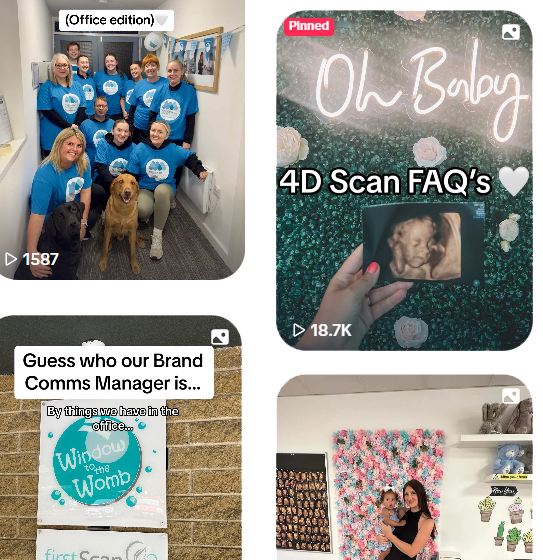Bringing a baby into the world is exciting, life-changing, and – let’s be honest – often a little terrifying. Among the nursery planning, antenatal appointments, and name debates, it’s easy to overlook something just as important as the cot and the car seat: your relationship.
Before you welcome a new little human into your lives, it’s worth doing a relationship check-in. Think of it as a service for your partnership – a chance to lift the bonnet, have an honest look inside, and make sure everything’s running as smoothly as possible before the chaos (and joy) begins.
Why Check In?
The transition to parenthood can be beautiful, but it also places new demands on a couple. Lack of sleep, hormonal shifts, financial pressure, and the simple fact of having less time for each other can quickly strain even the most solid relationships.
A relationship check-in isn’t about finding problems – it’s about being proactive. It’s a way to understand each other’s expectations, communicate better, and avoid letting resentment build up in the months (and years) ahead.
What to Talk About
You don’t need to sit down with a clipboard and a cup of chamomile tea (unless that’s your vibe). A walk in the park, a quiet evening in, or even a drive can be a great opportunity to open up a conversation. Here are a few key topics to explore:
1. Parenting Values
- How were you each raised? What do you want to replicate — and what do you want to do differently?
- How do you feel about discipline, screen time, routines, and the like?
- What kind of parents do you each want to be?
You might be surprised by how much (or how little) you’ve talked about these things.
2. Division of Labour
- Who’s doing what once the baby arrives?
- How will household chores be managed?
- If one of you is taking more parental leave, how will the other support that?
It’s not just about fairness – it’s about feeling seen and appreciated.
3. Finances
Money gets real when you have a child. Talk about budgets, spending, saving, and financial roles. Even if one of you usually handles the bills, it’s important that both of you understand where things stand.
4. Intimacy and Affection
Let’s be realistic – sex and physical affection may shift for a while (or a long while). Talk about what you both need to feel connected beyond the physical. Hugs, kind words, shared moments – these matter more than you might think.
5. Support Systems
Who’s in your corner? Whether it’s family, friends, or a postnatal doula, having support can make all the difference. Do you feel comfortable leaning on others? Do you need to set boundaries with certain people?
6. Conflict and Communication
- How do you argue – and how do you resolve?
- Do you feel heard? Do you know how to really listen?
Small irritations can fester when you’re exhausted and overwhelmed. Having tools to talk openly and kindly will serve you well when your patience is thin.
Be Honest, Not Perfect
These conversations aren’t about winning or fixing everything overnight. They’re about being honest, making space for each other’s fears and hopes, and building a shared vision of what’s ahead. You don’t have to agree on every detail — just know how to navigate differences together.
When to Get Extra Help
If you find yourselves stuck in patterns of miscommunication, resentment, or avoidance, that’s not failure – that’s a sign to get support. A few sessions with a counsellor or therapist (especially someone who specialises in perinatal relationships) can be incredibly helpful, even if things feel “mostly fine”.
Final Thoughts
The baby prep checklists are full of things to buy, books to read, and classes to attend. But don’t forget to prioritise your relationship too. It’s the foundation your child will grow up on — and you both deserve to feel supported, connected, and in it together.
So take the time. Check in with each other. And remember: you’re not just becoming parents – you’re still partners, teammates, and, hopefully, best friends.













 Packages & Prices
Packages & Prices  Important Info & Policies
Important Info & Policies  Your Scan
Your Scan